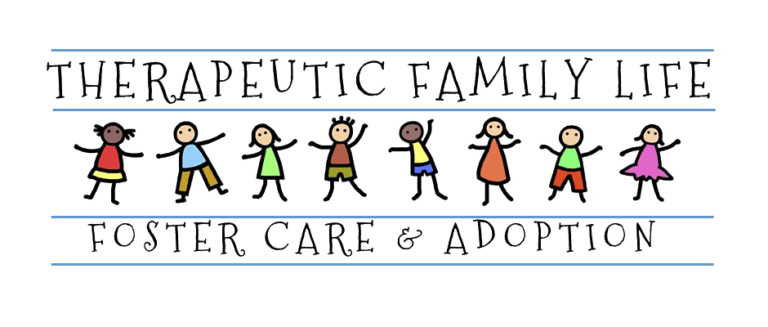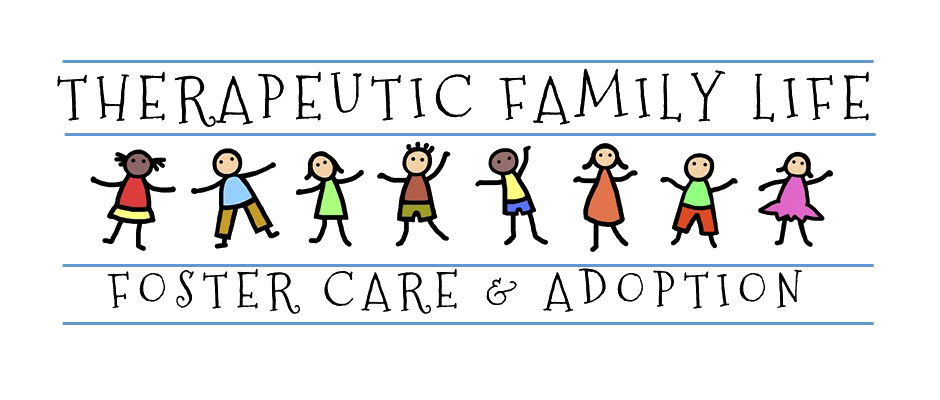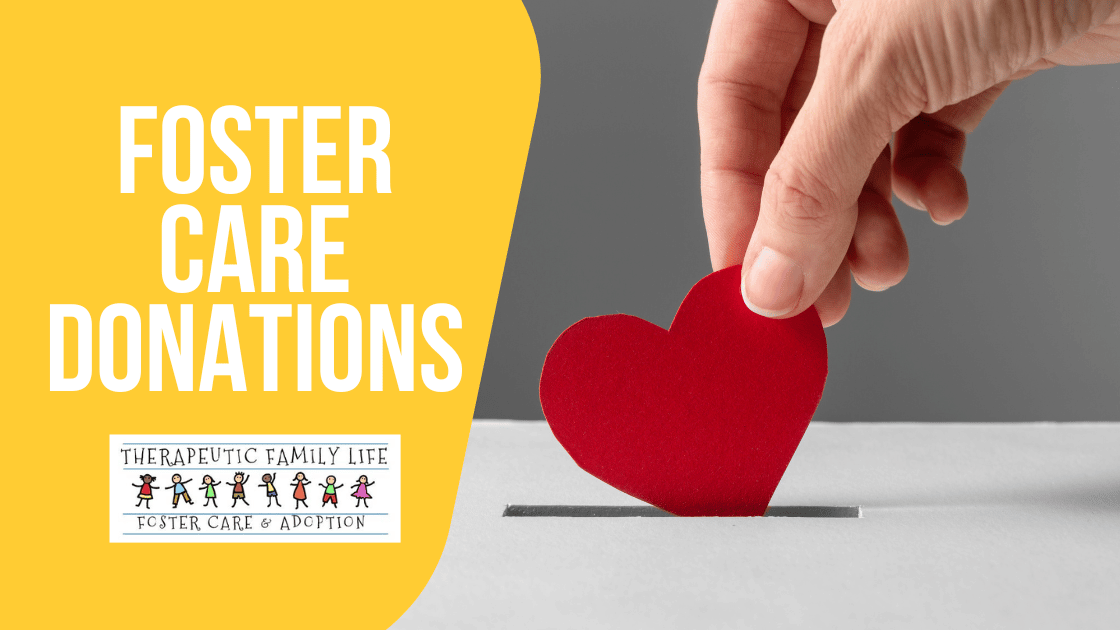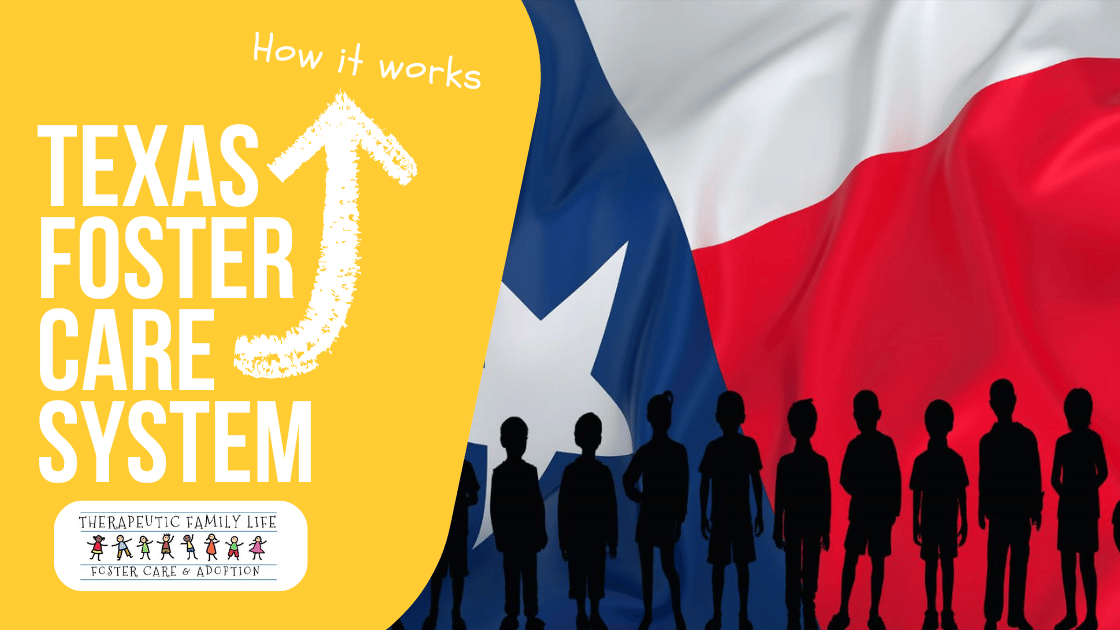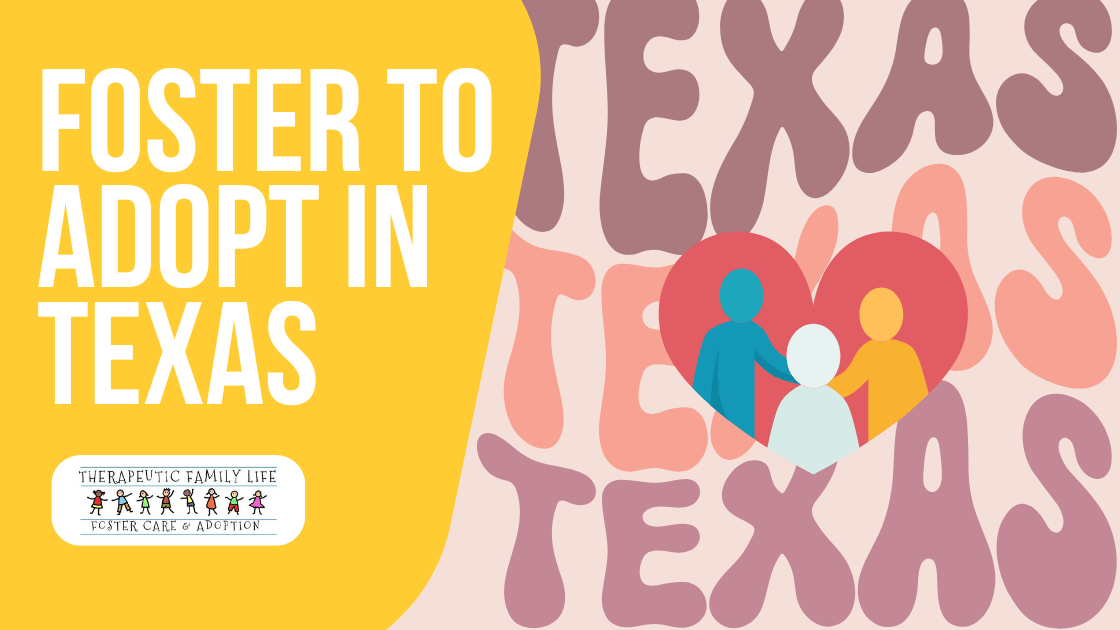Adolescence is the crucial bridge between childhood and adulthood, marked by unique developmental milestones. It is a period when healthy cognitive, physical, sexual, and psychosocial development is essential for a successful transition to adulthood. This period, spanning ages 11 to 21, is filled with significant biological, cognitive, emotional, and social changes.
As teenagers embark on this transformative journey, they begin to discover their capabilities and gain self-confidence. They feel a sense of maturity, yet their lack of experience makes them vulnerable to poor decisions That’s why an adult’s support during this transition is invaluable. However, not all teenagers have the benefit of receiving such support and guidance. Teenagers in foster care often navigate this period without a trusted adult, something that may lead to potential long-term consequences as they face life’s difficulties.
The Unique Challenges Faced by Foster Teens

There are many stigmas surrounding teens in the foster care system. For example, people might wrongly believe that these youth are troublemakers or that they already have set personalities that cannot be influenced by loving foster parents. The reality, though, is that teenagers in foster care are often misunderstood. They are not juvenile delinquents or inherently troubled. Many have faced abuse, neglect, or complex family dynamics, but these experiences do not define their character or potential. These resilient young people deserve recognition for their strength, not stigmatization for their circumstances.
Studies show that adopted children generally have better emotional and behavioral outcomes than those who remain in foster care. While they still face challenges, the stability and support of a permanent family significantly enhance their emotional well-being. Warm, sensitive parenting in adoptive families is linked to positive outcomes, helping children develop better social skills, self-regulation, and cognitive abilities.
It is suggested that parenting sets the emotional tone of the parent-child relationship and that warm parenting may positively affect children’s outcomes by socializing positive behavior that fosters cognitive abilities, the capacity for self-regulation, and social skills that can be generalized to other relationships (Boeldt et al., 2012; Eisenberg, Cumberland, & Spinrad, 1998; NICHD Early Child Care Research Network, 2004).
But when it comes to teenagers in foster care, many of these opportunities are lost. Without a stable family environment, whether it came from foster parents or prospective adoptive ones, these teens find themselves missing out on enjoying their formative years and figuring life out in a healthy space. Instead, many of them are trying to deal with past trauma without the right resources to do so, wondering where they’re going to live next, staying behind in school, worrying daily about the outcome of their future, and looking for love in the wrong places.
Physical Changes and Emotional Turbulence
The teenage years are a whirlwind of transformation. Adolescents experience rapid growth spurts, develop secondary sexual characteristics, and navigate hormonal changes that affect their appearance and functioning. These physical changes can create a rollercoaster of emotions, impacting their self-esteem and body image. Emotionally, teenagers grapple with intense feelings, mood swings, and a heightened sensitivity to peer acceptance and criticism as they strive to carve out their identities and seek independence.
For teenagers in foster care, these years can be even more tumultuous. The instability and uncertainty of frequent moves and changing caregivers leave them feeling unanchored and insecure. Forming lasting relationships and trusting adults becomes a daunting challenge. Many carry the heavy burden of trauma, abuse, or neglect, manifesting as anxiety, depression, and attachment disorders. Frequent school changes lead to learning gaps, lower academic performance, and a higher risk of dropping out. Imagine trying to navigate the already stormy seas of adolescence without a stable ship or a reliable crew. This is the reality for many teenagers in foster care.
To help them sail through these years successfully, they need the anchor of a stable, supportive environment, access to mental health services, and guidance in education and life skills. Only then can they hope to weather the storm and emerge resilient, ready to chart a course toward a brighter future.
Meeting Basic Physical Needs

All adolescents have basic physical needs, including nutrition, exercise, and proper rest, which are essential for cognitive and physical development.
Proper nutrition is fundamental during the teenage years because adolescents undergo rapid growth spurts and hormonal changes that require a diet rich in vitamins, minerals, and proteins. Balanced nutrition supports cognitive development, boosts the immune system, and provides the energy needed for daily activities; without it, teenagers risk malnutrition, obesity, and health-related issues. As any teen, those residing in foster care need caregivers who understand their nutritional needs and seek to fulfill them. Establishing healthy eating habits during these formative years is paramount, as it will affect many aspects of their lives, going so far as to even helping prevent chronic diseases from developing at a later time.
Physical activity is also vital for teenagers to maintain a healthy weight, build strong bones and muscles, and improve mental health. Exercise can alleviate stress, reduce anxiety, and combat depression, which are common during teen years. Engaging in regular physical activities promotes a healthy lifestyle and instills lifelong habits. However, teenagers in foster care often face barriers that prevent them from taking part in regular exercises. With a lack of access to safe recreational facilities or organized sports programs, these teens seldom find the space to strengthen their bodies and channel their energies effectively. As caregivers, encouraging participation in physical activities can play a huge part in significantly benefitting their overall well-being.
In addition to nutrition and exercise, adequate sleep is crucial for teenagers, as it affects their mood, cognitive function, and overall health. To function optimally, teenagers need around 8-10 hours of sleep per night. Having quality rest helps with emotional regulation and cognitive processing, and it is essential for academic performance and daily activities. Unfortunately, disruptions in sleep patterns due to stress or unstable living conditions, which are problems often faced by teenagers in foster care, can negatively impact sleep quality. If we are to care for these teens, we need to provide them with safe and stable places where they can get the rest they need.
Addressing Emotional Needs

Imagine a young tree, its roots just starting to deepen, reaching out for the nutrients it needs to grow tall and strong. This is much like a teenager’s brain during adolescence—a period of rapid growth and development. However, when emotional needs go unmet, it’s like depriving that tree of the water and sunlight it needs to thrive. Adverse childhood experiences, prevalent among foster youth, can significantly disrupt brain development, leading to long-term mental health challenges.
As much as it is important to fulfill the basic physical needs of a teenager, we must also be committed to dealing with their emotional turbulence. Even foster teens who have not had extremely adverse experiences in life need proper guidance and healing love. As caregivers, we must understand the emotional needs of teenagers and work closely with therapists and counselors who can help the teens navigate their past and move forward through these transformative years.
Tips to Support the Emotional Needs of Teenagers in Foster Care
As we’ve discussed, the journey of these youths is often fraught with instability, trauma, and feelings of neglect. These young souls carry the heavy burden of their pasts, making it even more crucial to tend to their emotional well-being with extra care. They may grapple with trust issues, attachment disorders, and deep-seated feelings of abandonment. By providing the emotional support they desperately need, we can help them heal and grow into resilient, thriving adults. Some tips that will help you support the emotional needs of foster teens are:
- Openly Listening and Communicating: Create a safe space where they can share their thoughts and feelings without fear of judgment. Regularly check in with them, showing genuine interest in their experiences. This simple act of listening can be profoundly healing.
- Encouraging and Being Present: Consistent encouragement and presence are like beacons of light in the often turbulent sea of a foster teen’s life. Celebrate their achievements, attend their school events, and stand by them during tough times. Your unwavering presence can provide the stability and reassurance they need to flourish.
- Seeking Professional Help: Ensure they have access to counselors, therapists, and support groups that specialize in trauma and foster care issues. Regular therapy sessions can help them process their experiences and develop healthy coping mechanisms.
- Being Trauma-Informed: Educate yourself on trauma-informed care. Recognize the signs of trauma, understand its effects, and respond in ways that promote healing and safety.
- Providing a Nurturing Environment: Cultivate a home atmosphere that is safe, predictable, and nurturing. Encourage positive relationships, maintain consistency in rules and routines, and offer unconditional support and love.
The Importance of Environment and Relationships

Picture a young teenager who has faced unimaginable hardships, moving from one foster home to another, never quite feeling settled or secure. For these teenagers, stability and a nurturing environment are not just beneficial—they are essential for their healing and growth. A stable home provides a predictable and safe space where they can begin to let down their guard, knowing they are protected and valued. This sense of security is the first step in helping them rebuild their lives.
A nurturing environment must also include structure and limits. Imagine a garden without any boundaries—it would quickly become overrun and chaotic. Similarly, teenagers, especially those from unstable backgrounds, need clear boundaries and routines. These provide a sense of order and predictability, helping them understand what is expected of them and what they can expect from
their caregivers. Rules and structure teach responsibility and self-discipline, offering a framework within which they can safely explore and grow.
Trust is the cornerstone of any healthy relationship, yet for foster teens, trust can be a fragile and elusive thing. Many have been let down by the very people who were supposed to protect them, so building trust with foster parents and peers is crucial for their emotional recovery. When a foster parent is consistently present, listening, and showing genuine care, they begin to build a bridge of trust. This bridge allows the teen to start believing in the possibility of stable, loving relationships.
Like being part of a healthy environment, positive social interactions are vital for their development. Friendships and social activities teach them empathy and social skills and help them carve out their own identity. Foster parents should encourage teens to participate in group activities or clubs, as being a part of these interactions can provide emotional support and a sense of belonging.
Educational Goals and Transition Planning

Supporting Education for Long-Term Success
Imagine the pride and joy a teenager feels when they receive their high school diploma, a symbol of hard work and perseverance. For teenagers in foster care, achieving educational milestones can be particularly challenging yet incredibly rewarding. Supporting their education is vital for long-term success. According to studies, only about 50% of foster youth graduate from high school, and a mere 3% go on to earn a college degree. These stark statistics highlight the obstacles they face but also underscore the transformative power of educational support.
Preparing for Independent Living
As teenagers in foster care approach adulthood, the need to prepare them for independent living becomes increasingly critical. Without the safety net of a stable family, they must navigate adulthood on their own. Proper preparation empowers them to handle life’s challenges with confidence and competence. This preparation includes teaching practical skills like managing finances, cooking, maintaining a home, and making informed decisions. Without these skills, their transition can be overwhelming, often leading to negative outcomes such as homelessness or unemployment. Learning these skills in a timely manner will ultimately lead to a successful transition into adulthood.
Building a Brighter Future
Investing in the educational goals and life skills of teenagers in foster care is more than just a short-term solution; it’s a commitment to their long-term success. By providing a stable and nurturing environment, teaching essential life skills, and ensuring access to necessary resources, we lay the foundation for a brighter future. These efforts empower foster teens to overcome their pasts and build a successful, independent life, breaking the cycle of instability and creating a path to a promising future.
About Further Resources and Support
If you’re fostering a teenager, you should know that having access to resources and support systems will play a vital role in helping them succeed. Neither you nor the teen will be alone in the process. Utilize the available support services, such as counseling, educational programs, and community resources, to aid in your parenting journey. There are even mentorship programs that can provide invaluable guidance to the teen, offering a supportive relationship with an adult who understands their unique challenges. These resources and relationships create a safety net, and they help foster teens navigate the complexities of adult life and ensure they have the support they need.
Conclusion

Addressing the developmental needs of teenagers in foster care is crucial for their overall well-being and future success. These teens face unique challenges due to disrupted and unstable environments, making it essential to provide them with stable, nurturing environments that include structure and limits. Ensuring their physical needs, such as balanced nutrition, exercise, and quality rest, are met is fundamental to their growth.
Supporting their emotional needs is just as important. We must be able to offer consistent care, open communication, and professional help when necessary. We must also encourage positive social interactions and try our best to build trusting relationships with them to help in their development. Caregivers must be engaged in their education and seek to teach them life skills that will prepare them for independent living in order to navigate into adulthood successfully.
Teenagers in foster care need our help more than ever. You can play a crucial role in providing them with a loving, stable environment. By welcoming a foster teen into your home, you offer them the chance to grow and thrive. We invite you to learn more about their needs and consider becoming a foster parent to a teen in need. Contact Therapeutic Family Life today by calling or sending us a message. Together, we can make a lasting impact on the lives of these remarkable young individuals.
“There are no great discoveries and progress as long as there is an unhappy child on earth.” – Albert Einstein
About This Author

Ivana Dimeska
Ivana Dimeska holds a degree in Clinical Psychology from the University of Macedonia and has seven years of experience in the field. She has worked extensively with individuals dealing with PTSD, depression, anxiety, and various other mental health disorders. Ivana currently lives and works in Germany, providing psychological services and support to a diverse client base.
- Ivana Dimeska#molongui-disabled-link
